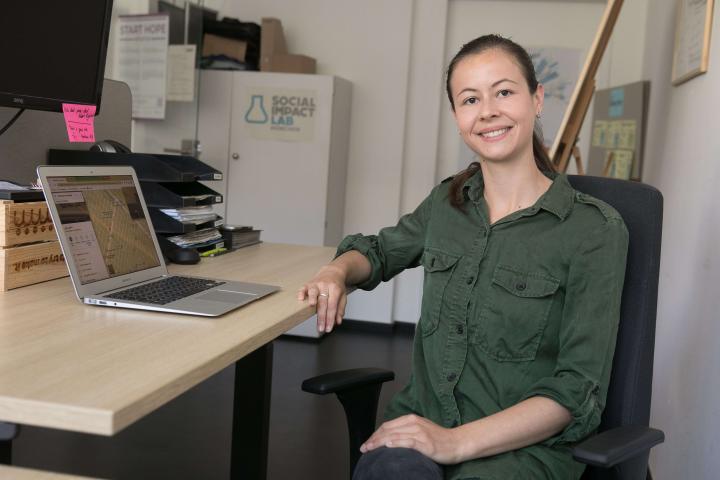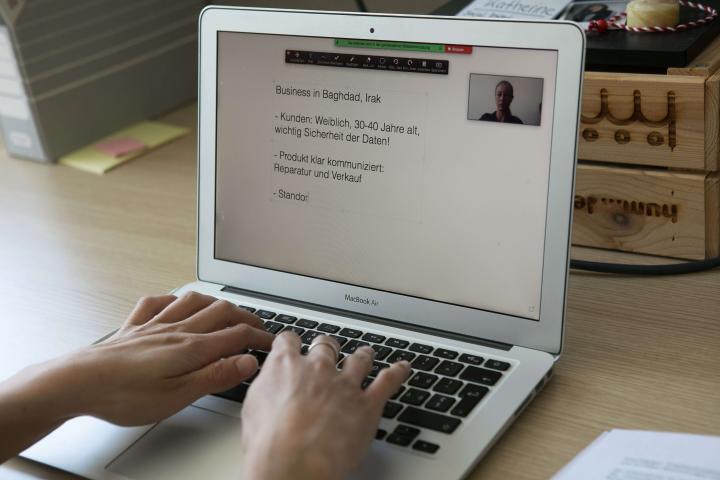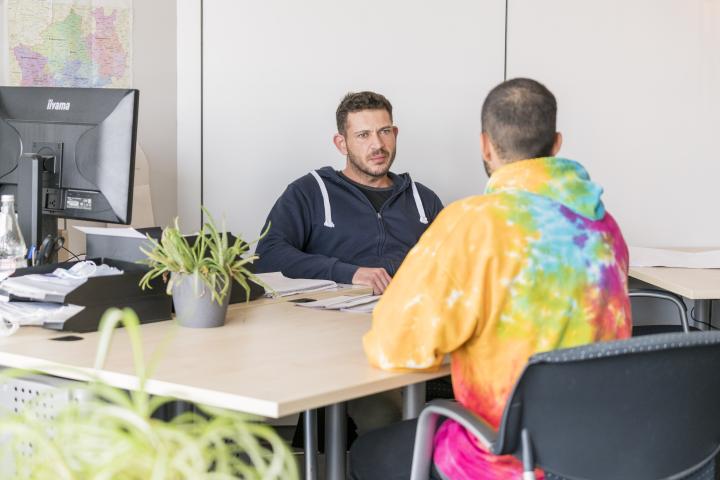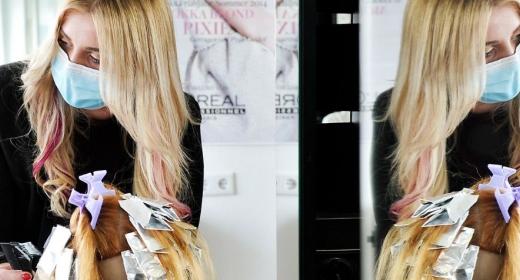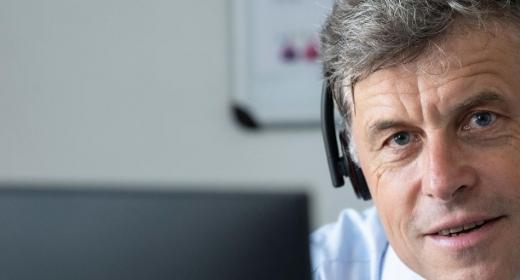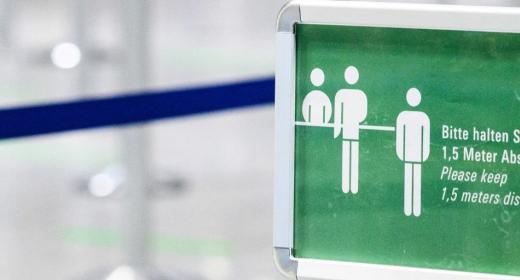StartHope@Home assists refugees and migrants in Germany to start businesses in their country of origin. Those interested can also receive advice during the corona pandemic. Katherine Kellein and Ziad El-Sabbagh, coaches in Bavaria and North Rhine-Westphalia, explain how it all works. StartHope@Home is a programme run by Social Impact, a social innovation agency. It is one of the partners in "Perspektive Heimat".
How has your work changed during the corona pandemic?
Katherine Kellein (KK): We now offer advice and training sessions online or by phone. Participants previously joined us once a week in our Social Impact Lab to take part in individual coaching sessions and group events.
What are the challenges posed by this new way of communicating?
KK: There is often a lack of WIFI access in the accommodation where participants are living. So it's only possible to provide coaching by phone, which makes it more difficult to work on anything more detailed. It's hard for instance to perform a calculation on the phone. We therefore aim to use solutions based on internet credits or access via a hotspot.

